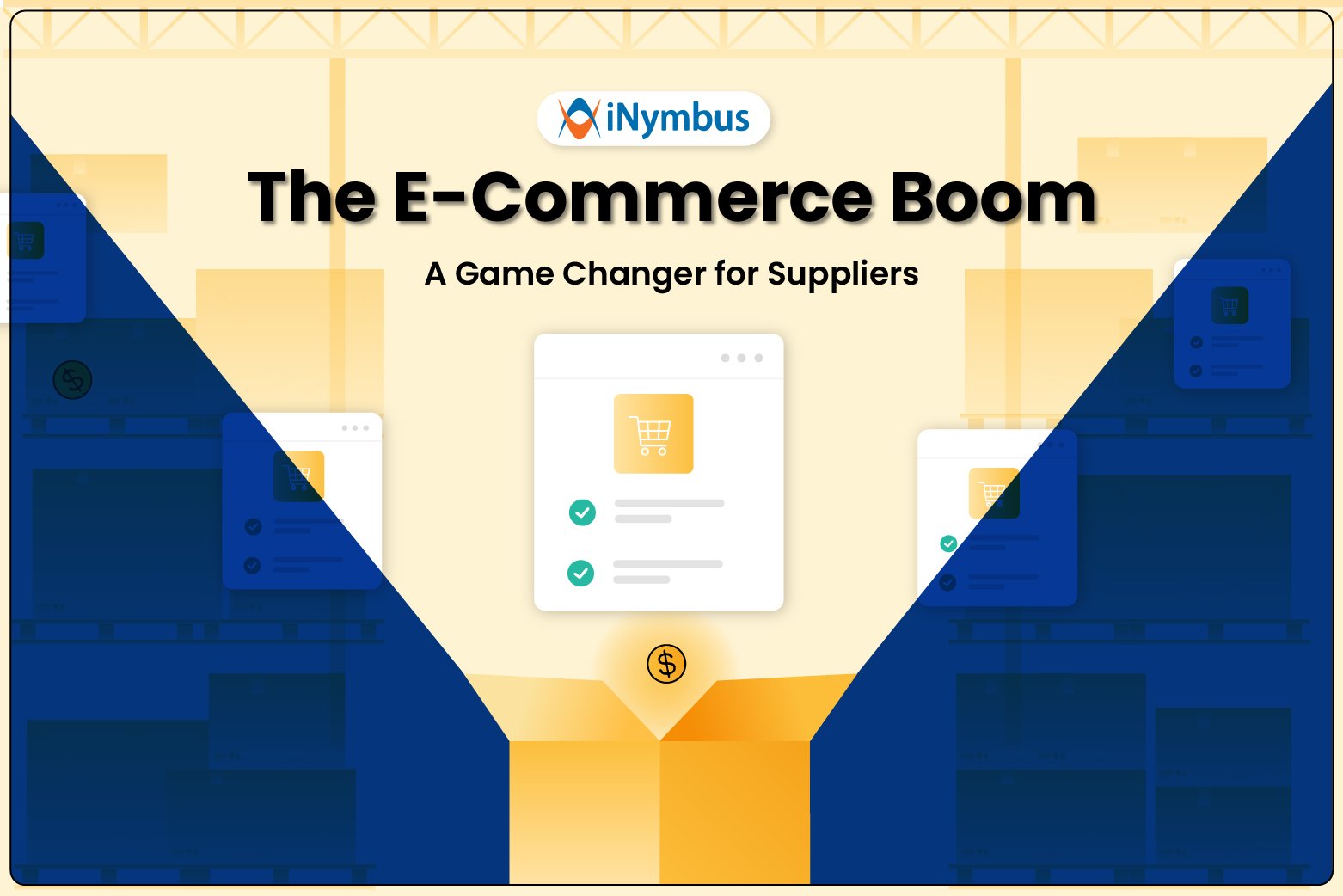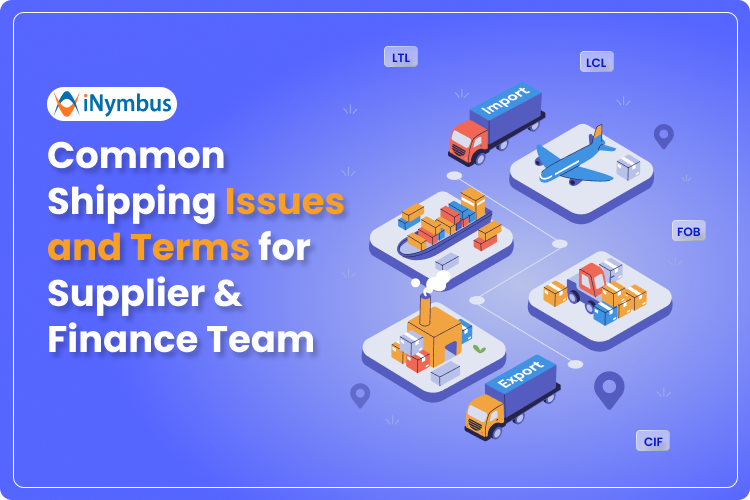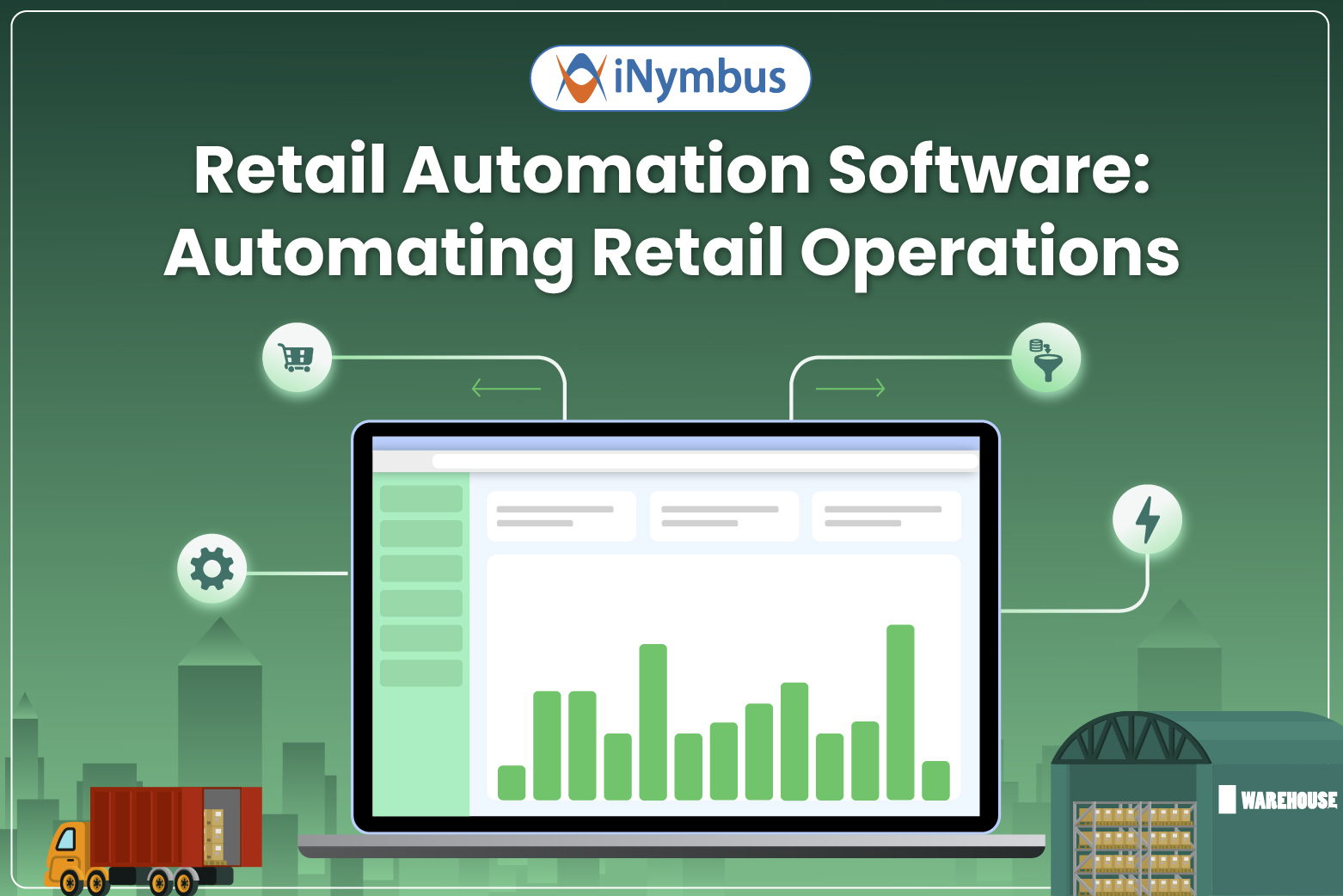Online shopping is growing faster than ever, with global e-commerce sales expected to reach $7 trillion by 2025. As more people prefer to shop online, retailers work harder to meet customer demands, deliver orders quickly, and manage their stock efficiently.
This rapid growth is also changing how retailers work with their suppliers. They now expect faster deliveries, better technology, and smoother processes to keep up with the competition. Suppliers who don’t adapt to these new demands might struggle to maintain their business models.
In this post, we’ll explore how online shopping is changing supplier relationship management and what suppliers need to do to stay competitive in this fast-moving world.
Key Takeaways:
Supply chain management today needs to:
- Deliver products faster to meet tight shipping deadlines.
- Follow strict packaging, labeling, and shipping rules to avoid penalties.
- Leverage automation and real-time tracking to keep up with demand.
- Handle returns efficiently, as more online orders mean more returns.
- Stay flexible to manage sudden spikes in demand and inventory changes.
Adapting to Evolving Retail Expectations
The world of retail is changing fast, and for suppliers, that means the rules of the game are shifting too. With e-commerce booming, retailers are expecting more than just on-time deliveries.
They’re looking for partners who can move quickly, stay accurate, share real-time updates, and adapt to sudden changes. If you’re a supplier trying to keep up, here are four key areas to focus on to stay in sync with what today’s retailers really need.
1. Speed and Efficiency in Order Fulfillment
E-commerce has made same-day and next-day delivery the norm, thanks to services like Amazon Prime. Retailers don’t want delays because slow shipping means unhappy customers and lost sales.
What do retailers expect from suppliers?
✔ Faster shipping & fulfillment: Retailers expect quick order processing—no one enjoys delays. Quick processing and shipping keep customers happy and businesses running smoothly.
✔ Real-time tracking: Retailers want complete visibility into their stock at all times. Keeping them updated on shipments and inventory helps avoid surprises and keeps shelves stocked.
✔ Advanced warehouse systems: Smart automation makes packing and shipping faster and more accurate. The smoother the process, the fewer mistakes and delays for everyone.
The challenge for suppliers: Traditional supply chains with long lead times no longer work. Suppliers must invest in automation and optimize logistics to stay competitive.
2. Compliance with Retailer Rules & Avoiding Chargebacks
Retailers have strict requirements for product data, barcode accuracy, shipping, and invoicing. Any errors can lead to chargebacks and deductions, cutting into supplier profits.
What do retailers expect from suppliers?
✔ Perfectly labeled shipments: Retailers can’t afford to waste time verifying missing barcodes or incorrect labels. Label and document every package correctly to ensure smooth processing and avoid costly delays.
✔ Timely & accurate invoicing: Submit timely, accurate electronic invoices that match each shipment to get paid on time. Retailers rely on prompt, precise invoicing to keep operations running smoothly.
✔ Error-free ASNs: Before a shipment even arrives, retailers want to know exactly what’s coming. Clear, accurate Advanced Shipping Notices (ASNs) help them plan, reduce mistakes, and speed up unloading.
The challenge for suppliers: Chargebacks for non-compliance can significantly reduce margins, making manual processing too costly. Using automation tools (like iNymbus!) can help dispute wrongful deductions and prevent errors.
3. The Shift to Data-Driven Decision Making
Retailers use big data to manage inventory, forecast demand, and optimize pricing. Now, they expect suppliers to provide data that helps them make smarter decisions.
What do retailers expect from suppliers?
✔ Real-time inventory updates: Retailers need to know exactly what’s in stock at any moment to avoid running out or overstocking. Suppliers play a key role in keeping inventory data accurate and up to date.
✔ Demand forecasting collaboration: Trends change fast, and using analytics insights, suppliers predict what customers will want next. By working closely with retailers, they can stock the right products at the right time.
✔ Sales performance tracking: Suppliers should keep an eye on how their products are selling and share those insights with retailers. This helps both sides make smarter decisions, avoid losses, and boost sales.
The challenge for suppliers: Smaller suppliers may lack the technology for real-time data sharing and reporting, making it harder to compete.
4. Managing Higher Return Rates & Reverse Logistics
Online stores have a higher return rate (20-30%) as compared to traditional retail stores (8-10%). Retailers prefer not to manage all these returns themselves.
What do retailers expect from suppliers?
✔ Hassle-free return policies: Retailers expect returns to be processed smoothly and quickly, without unnecessary delays. A seamless return experience keeps customers happy and strengthens long-term business relationships.
✔ Automation in return tracking: Barcode scanning and automated return systems help track items accurately and speed up approvals. This reduces errors, saves time, and ensures retailers and customers know exactly where their returns stand.
✔ Lower costs on return handling: Many retailers expect suppliers to cover a larger share of return-related costs, from shipping to restocking. To stay profitable, suppliers need to find smart ways to cut expenses without compromising service quality.
The challenge for suppliers: Handling returns efficiently is just as important as delivering new products or services. Suppliers need to automate return processing and dispute wrongful return deductions.
The Need for Automation in Deduction Management
As retailer rules become stricter, suppliers face more deductions and chargebacks. Handling disputes manually is time-consuming and can be costly.
What do retailers expect from suppliers?
✔ Faster deduction resolutions: No delays in disputing wrongful chargebacks.
✔ Automated dispute filing: Some retailers prefer API-based dispute processing.
✔ Error-free transactions: Fewer disputes mean smoother operations.
The challenge for suppliers: Without automation, suppliers struggle to recover lost revenue from deductions.
How iNymbus Helps Suppliers Meet Changing Retailer Expectations
With the e-commerce boom, retailers demand faster, error-free operations from suppliers. Deductions, chargebacks, and return disputes are at an all-time high, making manual processing inefficient. iNymbus automates these processes, ensuring faster revenue recovery, reduced costs, and improved compliance.
Key Challenges & How iNymbus Solves Them:
✔ High Deduction Volumes: Automates deduction identification, document retrieval, and batch disputes, cutting manual effort by 80-90%.
✔ Retailer Compliance Issues: Prevents chargebacks by matching ASNs, invoices, and shipping documents to retailer-specific requirements.
✔ Return & Freight Deductions: Detects wrongful deductions, retrieves proof, and files disputes instantly.
✔ Cash Flow Delays: Speeds up dispute resolution and approvals, ensuring faster cash recovery.
✔ Scaling Without Extra Staff: Handles thousands of claims without hiring more employees.
Final Thoughts
To stay competitive, suppliers must use automation and smart tools. These help them work faster and meet customer needs. iNymbus makes this easier by cutting costs, managing deductions, and helping with rules. With the right tools, suppliers can grow, even in today’s fast-moving world.









